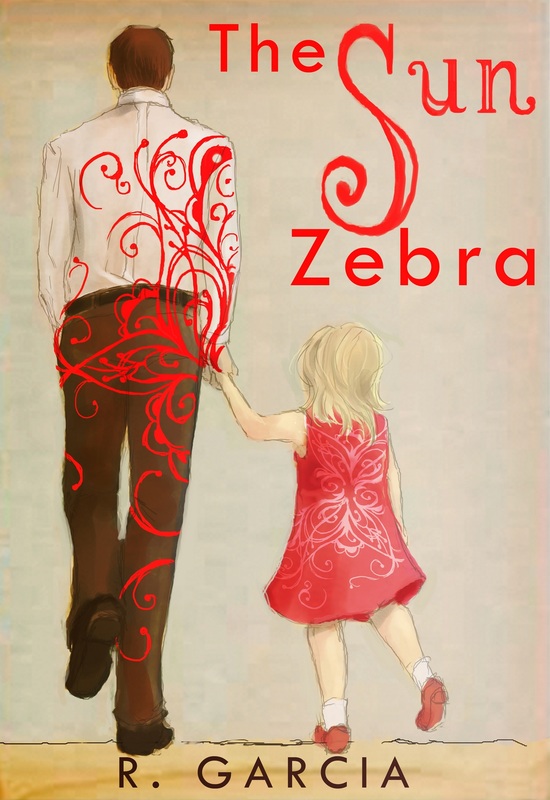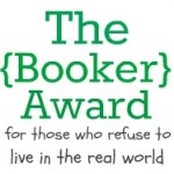
I underestimated the weight of having the legitimacy of a traditional publisher. When I could say, “My third novel is being published by Penguin,” I was not just a wanna-be hopeful novelist. I was legit! I was chosen! Pitching book reviewers was a breeze. Attending high school reunions was a delight. When I ran into more famous writers, we met as colleagues, exchanging e-mails, making dates for lunch. Now that I am self publishing, I am no different than the crazy cat lady down the block who has been working on her memoir for 17 years or the guy at the street fair hawking Xeroxed pamphlets of his poetry about fruit. People smile indulgently when I tell them what I’m doing. Book reviewers politely decline. My doubts about writing, which I’ve spent a lifetime overcoming, have blossomed like a drug-resistant virus.
Jennie’s case is interesting because she already had the “legitimacy” of traditional publishers. She was one of the “chosen.” It stands to reason that an author like her would not all of sudden publish crap just because she was now self-publishing. But as you can see from reading the passage above, all of her traditionally-published prestige vanished when the dreaded S-P word became linked to one of her books.
Often one of the plusses associated with traditional publishing is the legitimacy mentioned above: the “I am traditionally published ergo I am a good writer” argument. The idea behind this argument is that if you are traditionally published then you have been vetted, you have been certified to be good, and what you publish does not belong in the slush pile. Jennie’s experience exposes the absurdity behind this argument. What gives you the legitimacy is not how good you really are, it’s the label, and once you lose it you are back to square one, again regardless of how good you are.
The sad thing is that many self-published authors, even if they don’t say it out loud, crave for this label. There are valid reasons to traditionally publish, but legitimacy is not one of them. If you are willing to pay the price in terms of minuscule advances, dismal royalties, long publishing times, loss of artistic control, loss of your rights to your work, and lack of attention for the promotion of your book if it doesn't hit the big time soon, then I think you ought to have a good reason to traditionally publish other than the label of legitimacy.
What do you think?
Photo credit: Sudhamshu / Foter.com / CC BY
***
If you like this blog you can have links to each week's posts delivered to your e-mail address. Please click here.



 RSS Feed
RSS Feed



